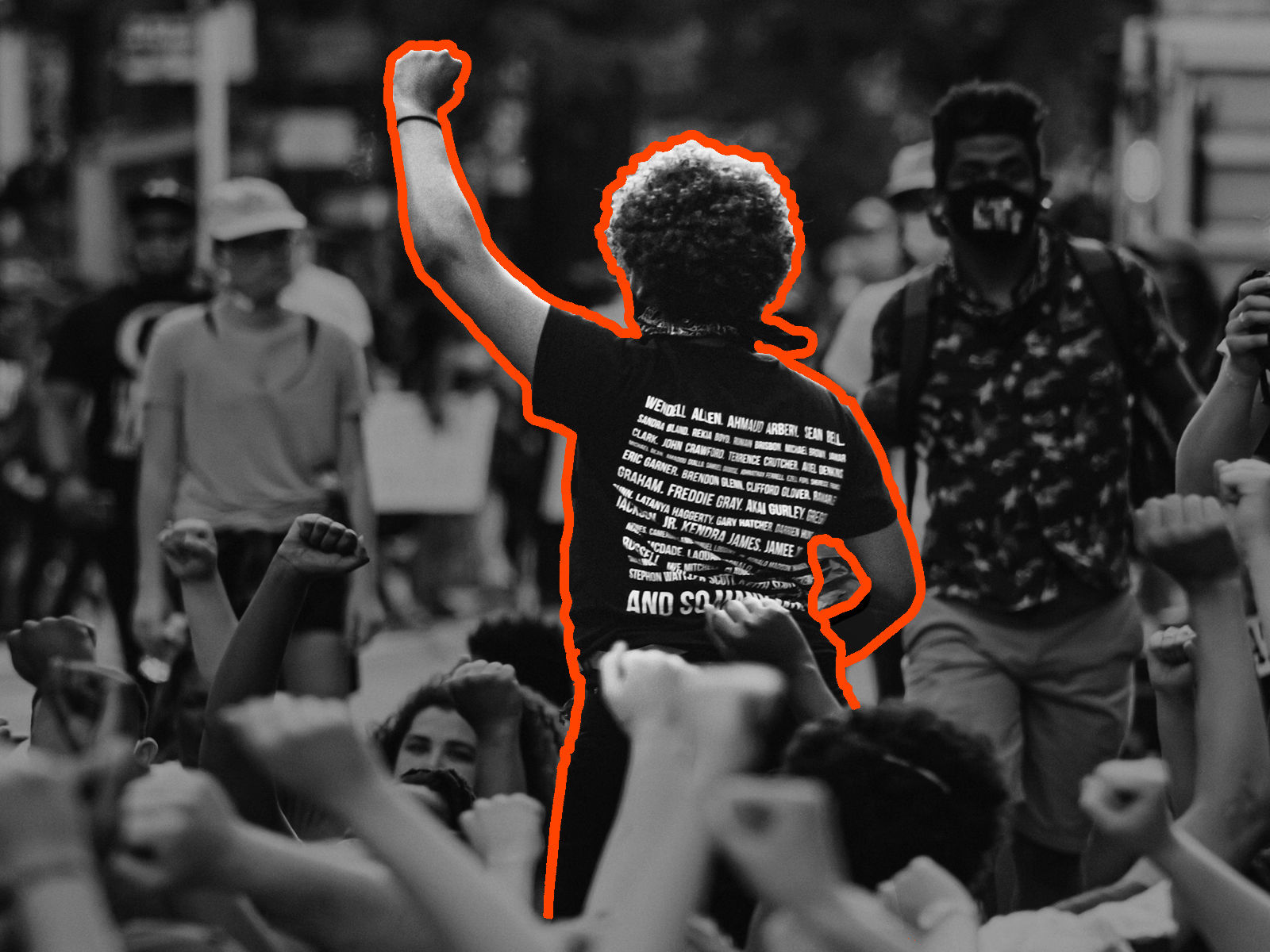Andrew Tate: Controversy, Influence, and Legal Battles
Andrew Tate is a name that sparks heated debates and headlines around the world. Known as a former kickboxer turned social media personality, Tate’s rapid rise has been marked by intense controversy, influential online presence, and ongoing legal challenges. This article examines Andrew Tate's influence, his polarizing views, and his current legal battles.

The Rise of Andrew Tate
Andrew Tate first gained recognition through sports, but it was his activities online that catapulted him into the international spotlight. He amassed millions of followers on platforms like Twitter and TikTok by sharing strongly worded opinions and lifestyle advice, often targeted at young men. Known for his outspoken personality, Tate’s views on gender roles have attracted both admiration and severe criticism.
Many educators and experts have voiced concerns about Tate's statements regarding gender. According to the Southern Poverty Law Center, he promotes ideas that women are inferior to men and asserts that women are men’s property. Such claims continue to ignite fierce online debate and have a noticeable impact, especially among young audiences.
Legal Troubles in Romania and Beyond
Legal controversies have further amplified Andrew Tate’s fame and notoriety. In 2023, Tate and his brother, Tristan, were arrested and charged in Romania. The charges included rape, human trafficking, and forming a criminal group. These allegations led to a highly publicized court case, which attracted international attention.
Recent reports suggest that, following their trial in Romania, Andrew Tate and his brother may be extradited to the United Kingdom to face additional legal proceedings. This further fuels speculation about the outcome of their cases and what the future holds for them. The ongoing investigations and legal battles have raised questions about the effect of influencers and controversial figures on society, particularly among impressionable teenagers.
Social Media's Role in Tate’s Popularity
Social media played a crucial role in building Tate’s brand. His messages, often described as controversial and unapologetic, have gained traction on major platforms. However, many critics argue that his content promotes toxic masculinity and encourages harmful behaviours in young men. Several educators have reported a decline in classroom behaviour linked to the spread of Tate's ideas.
The Debate Over Influence and Responsibility
Andrew Tate’s rise highlights broader concerns about responsibility in the digital age. Influencers can shape opinions and attitudes on a massive scale. While Tate’s supporters laud him for promoting self-improvement and personal responsibility, detractors warn of the risks posed by unchecked influence and the spread of misogyny.
Conclusion: An Ongoing Global Conversation
Andrew Tate’s controversial journey from athlete to internet celebrity continues to make headlines. His legal troubles and divisive messages ensure he remains at the centre of public discourse. As investigations continue, the debate surrounding Andrew Tate’s influence and the wider consequences for online culture and real-world attitudes is far from over. For those seeking detailed background on his rise and the serious allegations, be sure to consult profiles like the Southern Poverty Law Center’s Andrew Tate overview, as well as coverage on ongoing legal proceedings such as those by LBC.